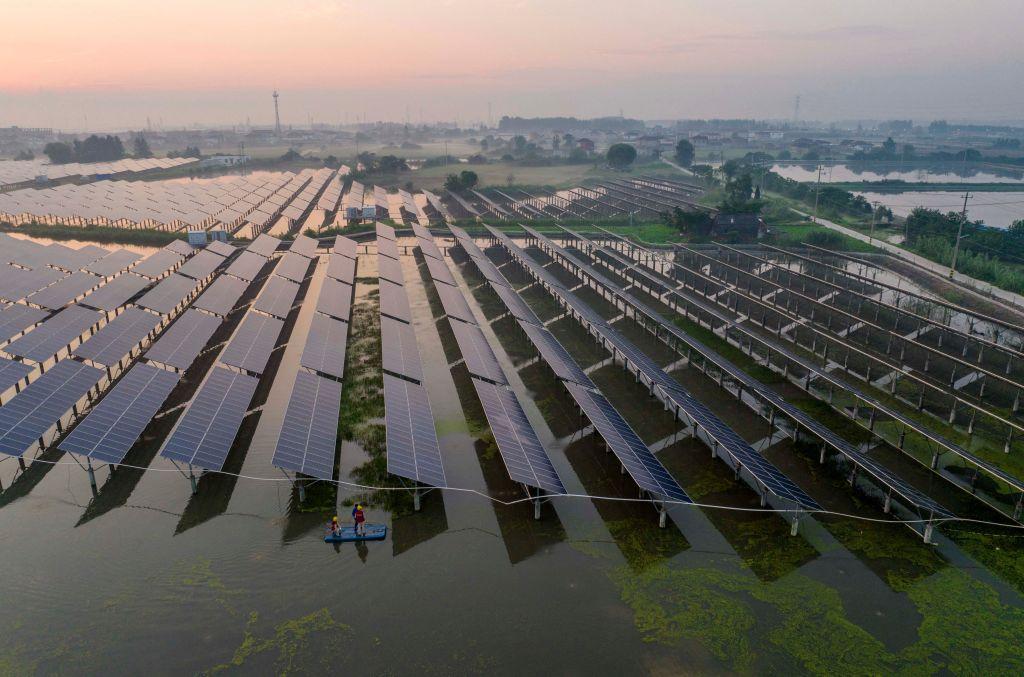The rush to net zero could leave gaping holes for Chinese-backed hackers to disrupt Australia’s energy grid, warns Senator James Paterson.
Solar power is a key pillar in the march towards reducing emissions with Australia estimated to need 2.7 billion solar panels to reach net zero by 2050, according to estimates from the University of Queensland and Circular PV Alliance (pdf).





